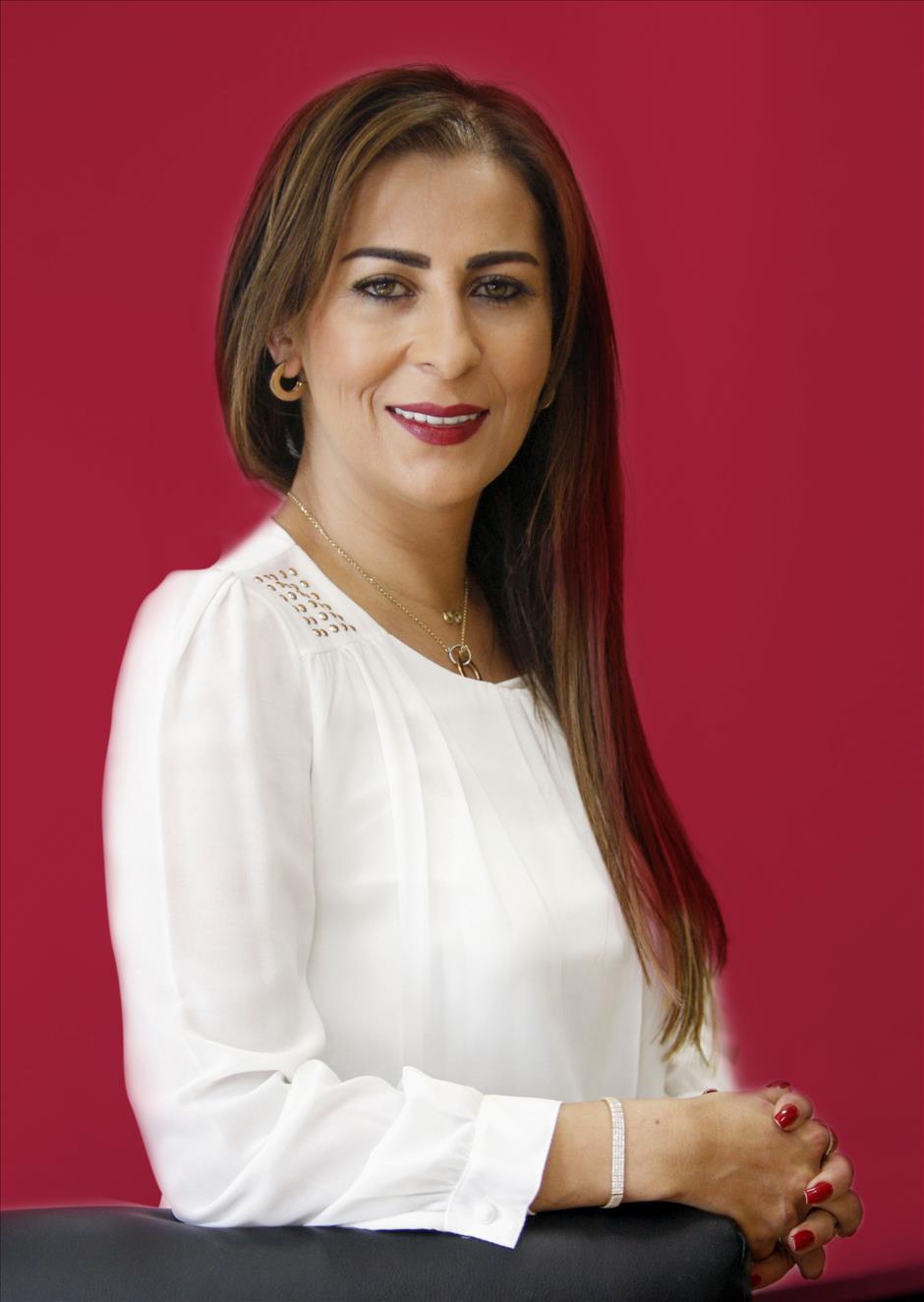
Jordan- The Fate of Mulqi's GovernmentBy Jumana Ghunaimat
Too many questions are left unanswered.
None of the officials have any idea what will become of the government, or the House of Representatives, for that matter.Will the constitutional terms of either of the government and House be fulfilled?
No one knows.Anything beyond this fact is rumour.
In most cases, these very rumours are set off by the very political elite who crave drama, and change, hoping they'll find themselves in office, one way or another.The point is that Jordanians have become used to short-term governments, despite the criticism of this unhealthy dynamic, and how it hurts the chances of actually getting things done.
Still, so many are still temped by this idea, and therefore we find them drawn to it, like moth to the flames, rooting for it, and propagating it.All this talk on Dr Hani Mulqi's government leaving after the Municipal and Decentralised Elections has become the centre of the Jordanians' attention, over the last two weeks.
Everybody's taken by it, from the elite to the ‘common' citizen.People claim these rumours are based on 'leaked information and insider sources, when the truth is that no one really knows.
Personally, I rely on analysis to address such a question, not 'information.The reality of it is that such information is seldom ever handed out to the public, and they are usually exclusive to the decision maker, when it comes to government.
Mindful of the 4x4 basis, which has become more of a governing principle than an abstract idea, how long did Dr Abdullah Nsoor's government remain in office?Dr Abdullah Nsoor was Prime Minister for four year.
His time at the Fourth Circle had nothing to do with the government's relationship with the legislative authority nor with the public opinion.Three years into his term, the people took to the streets calling for Nsoor's resignation.
It has more to do with ensuring governments remains in office for the entirety of their terms, that anything else, in order to carry out their tasks and implement their action plans.Objectively speaking, governments need time to execute.
More so, governments are bound now to programmes, entailing tasks which need to be met.In Mulqi's case, the government is tied to the International Monetary Fund (IMF) programme, which was negotiated first under Nsoor's government.
All the highlights and details of the programme were signed and negotiated by Dr Abdullah Nsoor's government.Mulqi merely implemented the programme's criteria for year one.
Needless to say, the intensity of the situation, nonetheless, has endured the government reshuffle.A new year will soon be upon us, and the reform programme is still underway, entailing a bundle of ruthless decisions, which will not be taken lightly by the public.
No government wants to be in the shoes of Dr Hani Mulqi.Come September, the negotiation rounds for 2018 will commence. Based on the outcomes of these sessions, the pending measures will be decided.
Whether it was Mulqi in office, or someone else, the decisions will be carried out.This alone should suffice us to put the whole question to rest. Whether or not a government reshuffle is imminent, it will make very little difference, if any at all.
So, why bother with it?Well, if the criticism of the government was based on the government's performance during the recent crises, then it is fair to say that the Aqsa Mosque crisis was handled to our most preferable results. The battle for the Aqsa Mosque was won.
As for the Embassy Incident and the case of Maarek Abu Tayeh, well, yes; the government has failed, most certainly. But the question is; how will it be any different with the new government? For the past 10 years, how has our government's performance changed?The absence of crisis management strategies have been an inherent issue of our governments, regardless the scale of the crises.
Almost every single crisis our governments endured in these last 10 years, has resulted in outcomes which have not found favour among Jordanians.So, what will change this time?!
Stay or leave, the government, regardless who, must always keep in mind Jordan's open regional situation, an encompassing crisis that is, not to mention an impending domestic one.Whichever way we face this, the results are not going to be favourable, nor acceptable.
That said, should the government stay, it is vital that they review their approach and strategies, assess their strengths and weaknesses, to better do their jobs.Only then, if they succeed, may Jordanians be able to view Dr Hani Mulqi's government in a different, more positive light.
This article is an edited translation of the Arabic version, published by AlGhad.
Legal Disclaimer:
MENAFN provides the
information “as is” without warranty of any kind. We do not accept
any responsibility or liability for the accuracy, content, images,
videos, licenses, completeness, legality, or reliability of the information
contained in this article. If you have any complaints or copyright
issues related to this article, kindly contact the provider above.


















Comments
No comment